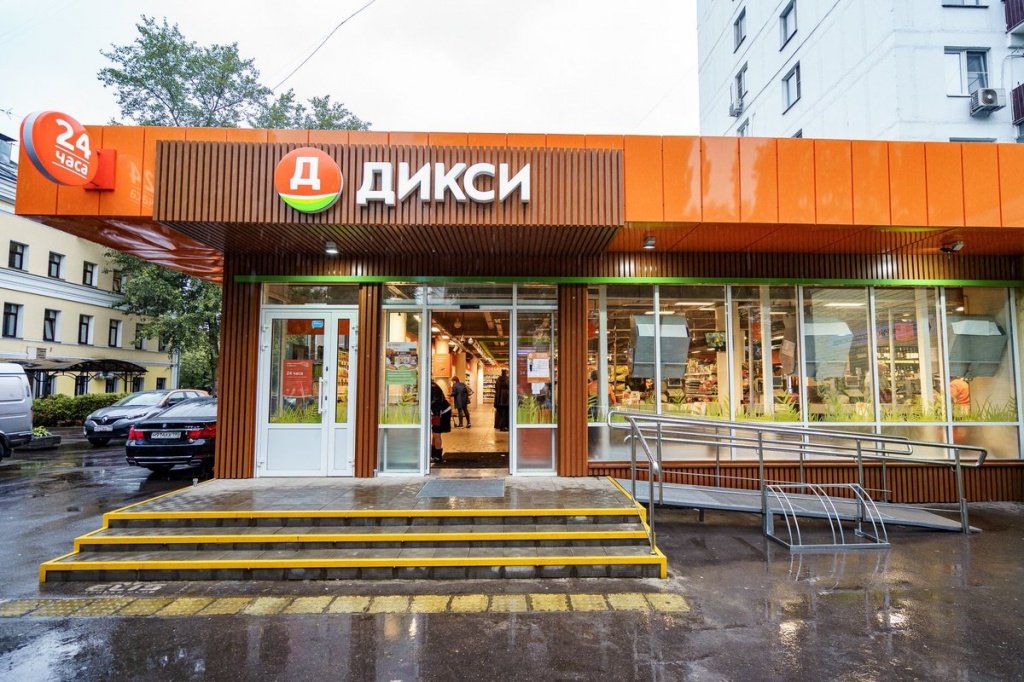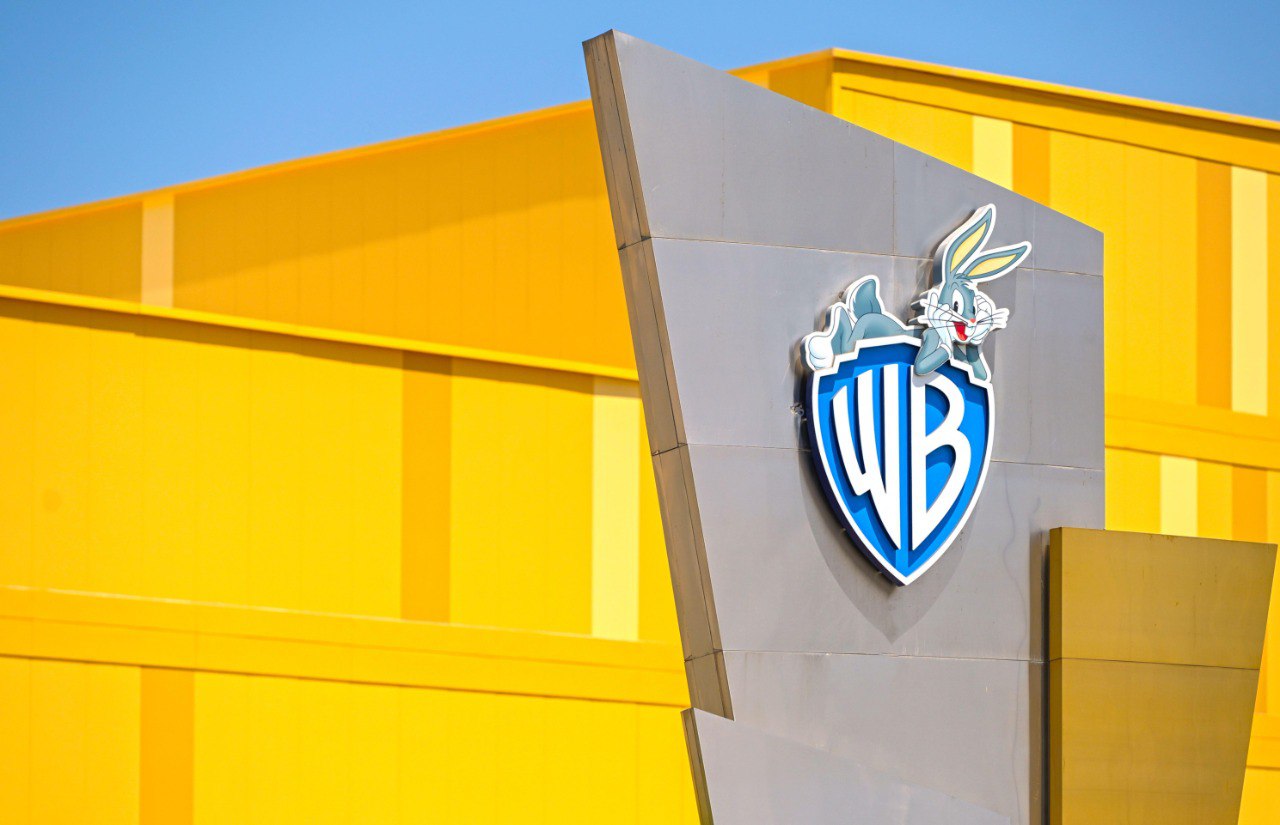French regulators raided Nestlé's local headquarters, located near Paris. The operation was part of an investigation into the use of banned filtration methods in the treatment of natural mineral waters, which caused a serious outcry in Europe and called into question the reputation of the Swiss corporation.
This review was initiated after a complaint filed by the consumer protection group Foodwatch, which accused Nestlé and its subsidiary Nestlé Waters of using inappropriate filtration technologies. As confirmed by the French antitrust and fraud agency DGCCRF, the control measures are aimed at collecting evidence confirming possible violations of the current legislation in the field of food safety and consumer protection.
In response to the searches, Nestlé representatives expressed full cooperation with the French authorities and confirmed that the verification process is ongoing. The company has previously found itself in the spotlight of regulators after it recognized the use of carbon and ultraviolet filtration for mineral water purification in its activities — methods that are not allowed by French legislation for natural mineral water.
It is noteworthy that last year French regulators fined Nestlé for using illegal filtration methods for Perrier mineral water, but last week the company announced that the purification process was fully brought into compliance with the requirements of French legislation.
This incident reflects a broader trend of tighter control over the food industry and especially the natural products segment, where quality standards and transparency of production play a key role in maintaining consumer confidence.
The mineral water market in France and Europe as a whole is characterized by high competition and strict regulatory requirements, which forces producers to constantly adapt technologies and business practices. Violation of these rules can lead not only to financial losses, but also to long-term damage to the brand.
The Nestlé scandal highlights the increased focus of European regulators on product safety and business ethics. In an era when consumers are increasingly scrutinizing the origin and quality of products, companies, especially global leaders, must be prepared for increased demands and transparency.
The overall situation highlights the importance of complying with national and international food safety standards, as well as the need for regular monitoring and control of technological processes in the industry. For Nestlé, current events will test its ability to manage reputational risks and build trust in a critical market segment.
The development of the situation will be important not only for the company itself, but also for the entire mineral water production sector, influencing the rules of the game and standards that will be formed in the coming years.













